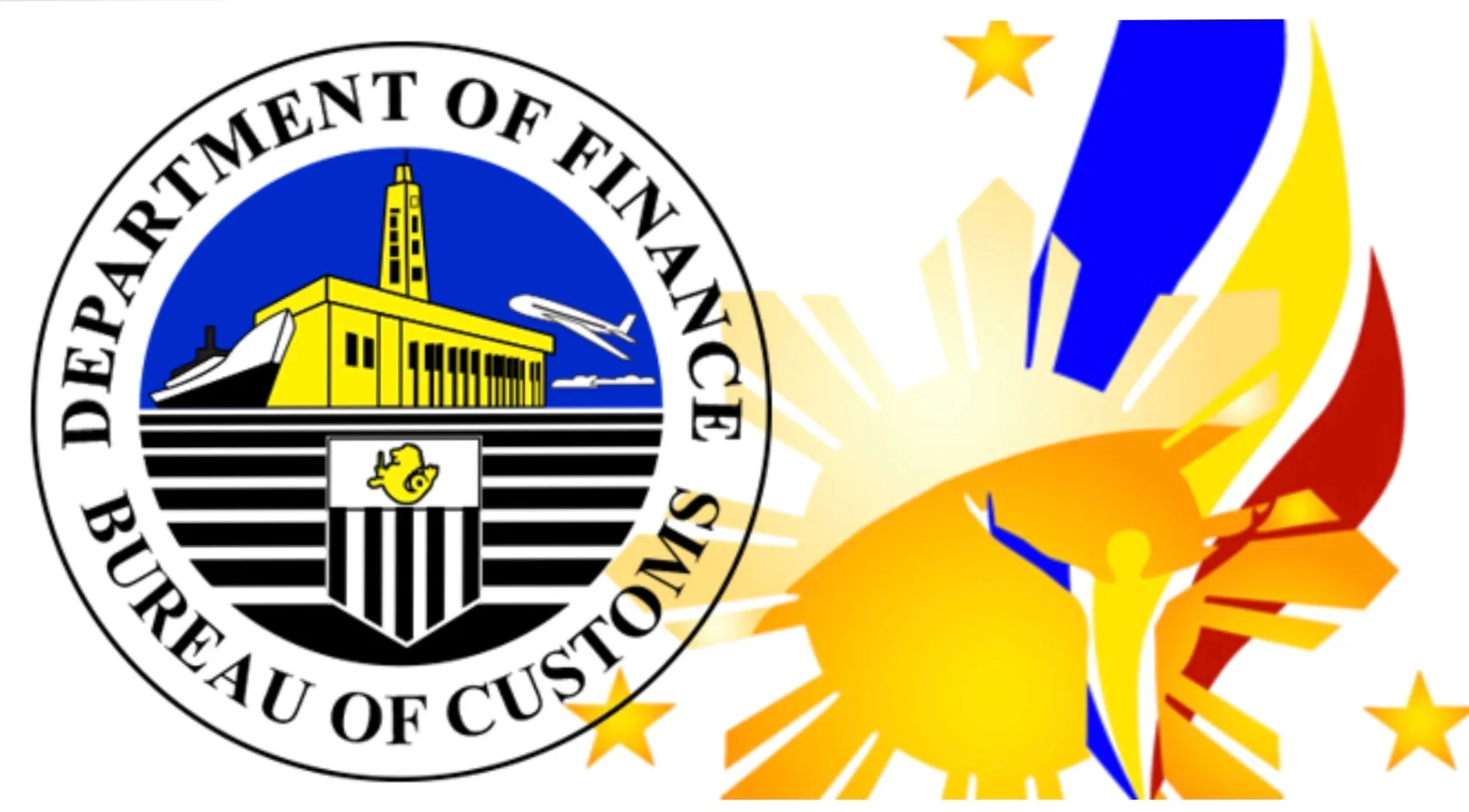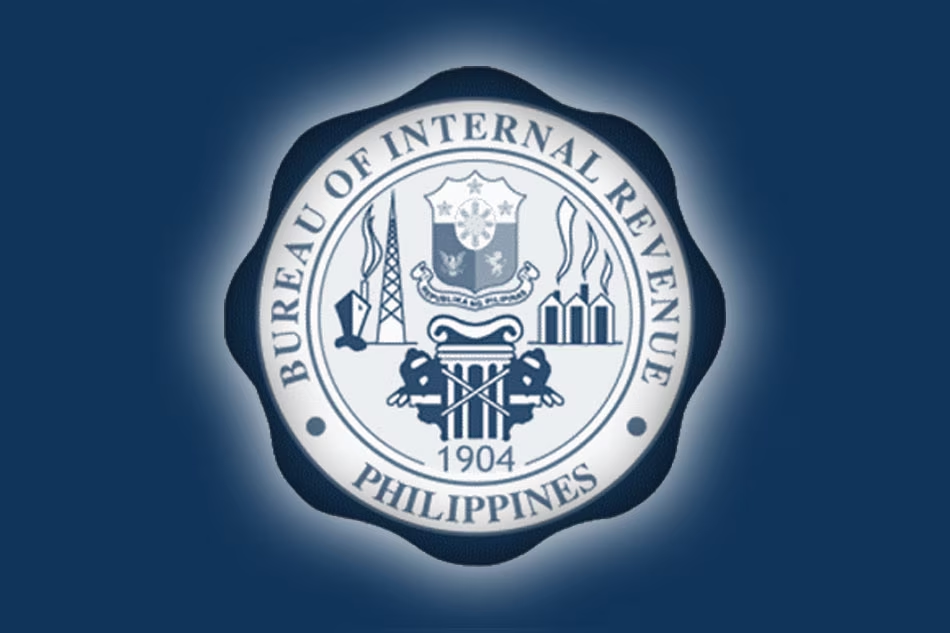Blog > Marketplace News > Shipping Costs Rising? The Philippine Department of Finance Assigns Customs Tax Duties
Shipping Costs Rising? The Philippine Department of Finance Assigns Customs Tax Duties
Jayson 29 Jan 2024 10:41ENCopy link & title
It is reported that recently, Philippine Finance Secretary Ralph G. Recto directed the Bureau of Internal Revenue (BIR) and the Bureau of Customs (BOC) to work together to further strengthen tax and customs management to achieve a total government tax revenue of 4.3 in 2024 trillion-peso target.

Sources said the total revenue target for this year is expected to reach ₱4.3 trillion, according to the Development Budget Coordinating Committee (DBCC) medium-term fiscal plan.
Of this amount, 3.05 trillion is the responsibility of the BIR, 1 trillion is the responsibility of the BOC, and 300 billion is the responsibility of the Department of Finance.

Secretary Recto acknowledged that raising revenue is a difficult task amid ongoing challenges posed by the pandemic and escalating external risks that have disrupted global supply chains and led to high inflation — a major concern for Filipinos.

"In the short term, inflation must be curbed decisively. Ensuring that commodity prices remain stable and affordable is crucial to further developing the economy, allowing us to increase tax revenues," he said.
Recognizing the current economic challenges, the Finance Secretary ordered the BIR and BOC to work closely to ensure tax payment facilitation and remove trade barriers that severely affect the country's supply chains.

He stressed that the government cannot rely solely on the imposition of new or additional taxes but should also focus on optimizing the performance of BIRs and BOCs through creativity, transparency and efficiency in tax and customs administration.
Some industry insiders pointed out that as the tax targets issued to BOC are getting higher and higher, it will inevitably affect sellers' shipping costs.

Sources said the total revenue target for this year is expected to reach ₱4.3 trillion, according to the Development Budget Coordinating Committee (DBCC) medium-term fiscal plan.
Of this amount, 3.05 trillion is the responsibility of the BIR, 1 trillion is the responsibility of the BOC, and 300 billion is the responsibility of the Department of Finance.

Secretary Recto acknowledged that raising revenue is a difficult task amid ongoing challenges posed by the pandemic and escalating external risks that have disrupted global supply chains and led to high inflation — a major concern for Filipinos.

"In the short term, inflation must be curbed decisively. Ensuring that commodity prices remain stable and affordable is crucial to further developing the economy, allowing us to increase tax revenues," he said.
Recognizing the current economic challenges, the Finance Secretary ordered the BIR and BOC to work closely to ensure tax payment facilitation and remove trade barriers that severely affect the country's supply chains.

He stressed that the government cannot rely solely on the imposition of new or additional taxes but should also focus on optimizing the performance of BIRs and BOCs through creativity, transparency and efficiency in tax and customs administration.
Some industry insiders pointed out that as the tax targets issued to BOC are getting higher and higher, it will inevitably affect sellers' shipping costs.

